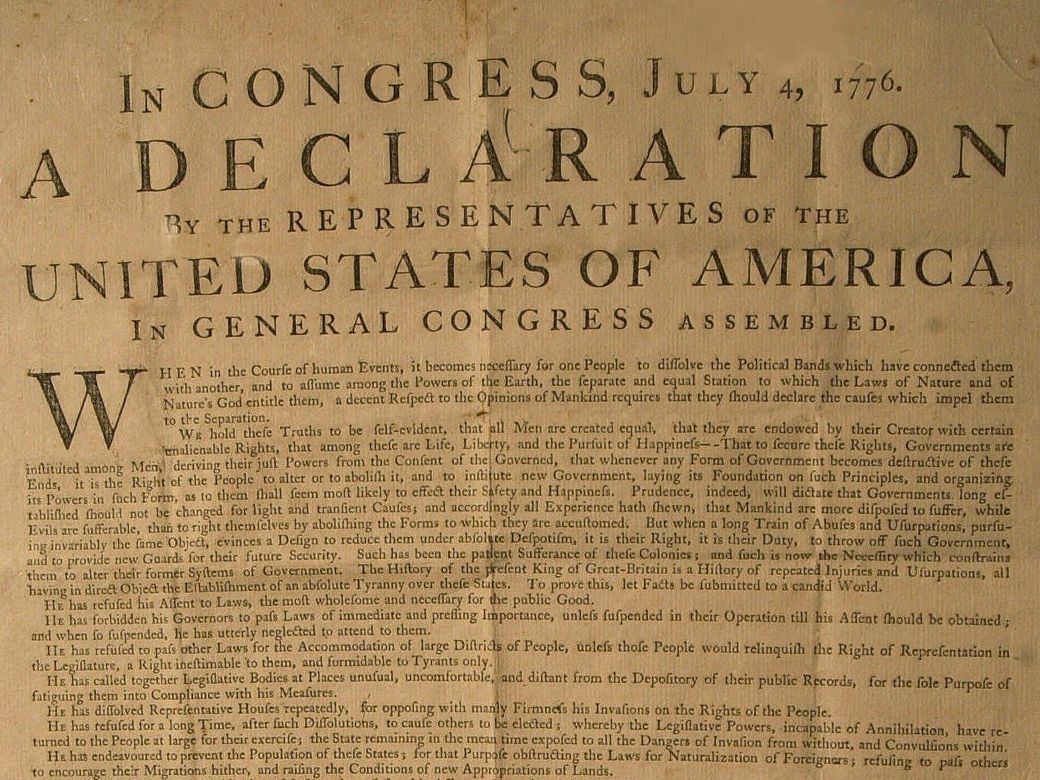
Declaration of Independence Summary History
Share Cite. As you say, the Declaration of Independence has these 4 parts. The first part is the declaration of natural rights. It says that people have these rights by the fact that they are.
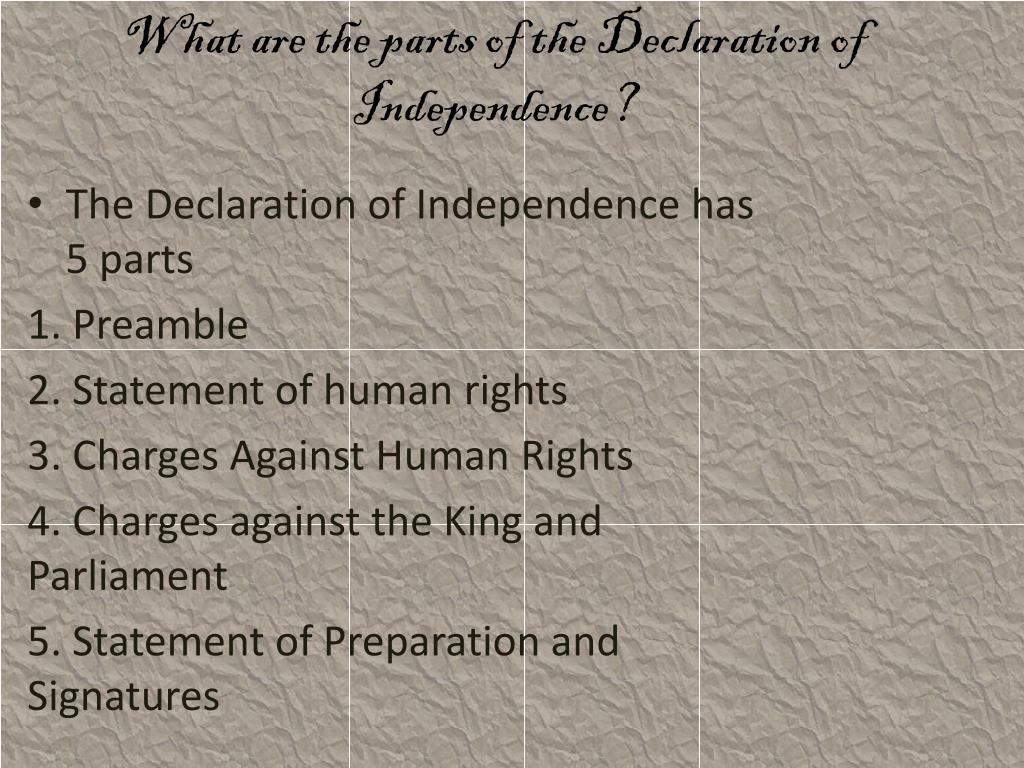
PPT The Declaration of Independence PowerPoint Presentation, free
The word "therefore" tethers the sweeping perspectives of the previous parts of the Declaration-- the universal statement of rights, the evil excess of the King's acts, the farewell to British brethren---to the operative legal langauge of the Declaration, the words that perform the separation. The general effect of the panorama is is to make.

Pin on diygarden
July 4th, 1776. PART 1: Statement of Purpose. States that the colonists should tell the world why they are breaking away from England's government. PART 2: Statement of Rights of People. -People have God-Given rights (life, liberty, and the pursuit of happiness) at birth that can't be taken away by any government.
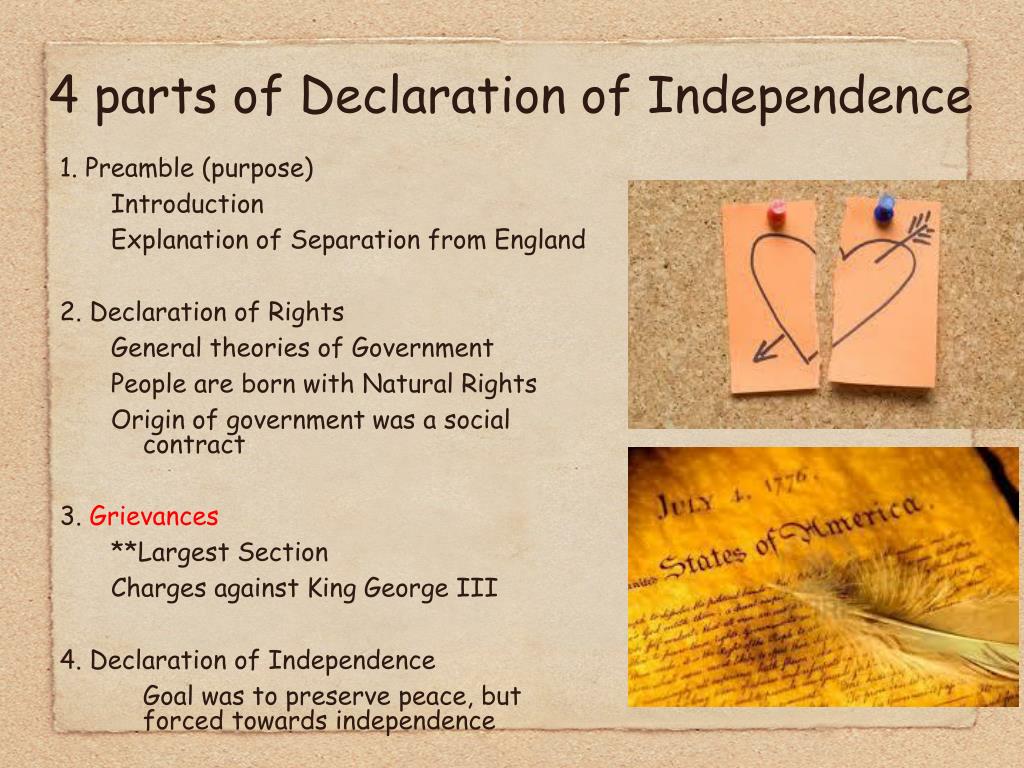
PPT Unit 2 Foundations of American Govt PowerPoint Presentation, free
An examination of the Declaration of Independence from a global perspective. Boyd, Julian P. The Declaration of Independence: The Evolution of the Text. Issued in conjunction with an exhibit of these drafts at the Library of Congress on the two hundredth anniversary of the birth of Thomas Jefferson. Washington: Library of Congress, 1943.

What Were the Three Parts of the Declaration of Independence
In Congress, July 4, 1776. The unanimous Declaration of the thirteen united States of America, When in the Course of human events, it becomes necessary for one people to dissolve the political bands which have connected them with another, and to assume among the powers of the earth, the separate and equal station to which the Laws of Nature and of Nature's God entitle them, a decent respect to.

Understanding the Declaration of Independence 9 Key Concepts Everyone
The Declaration of Independence is made up of five distinct parts: the introduction; the preamble; the body, which can be divided into two sections; and a conclusion. The introduction states that this document will "declare" the "causes" that have made it necessary for the American colonies to leave the British Empire.
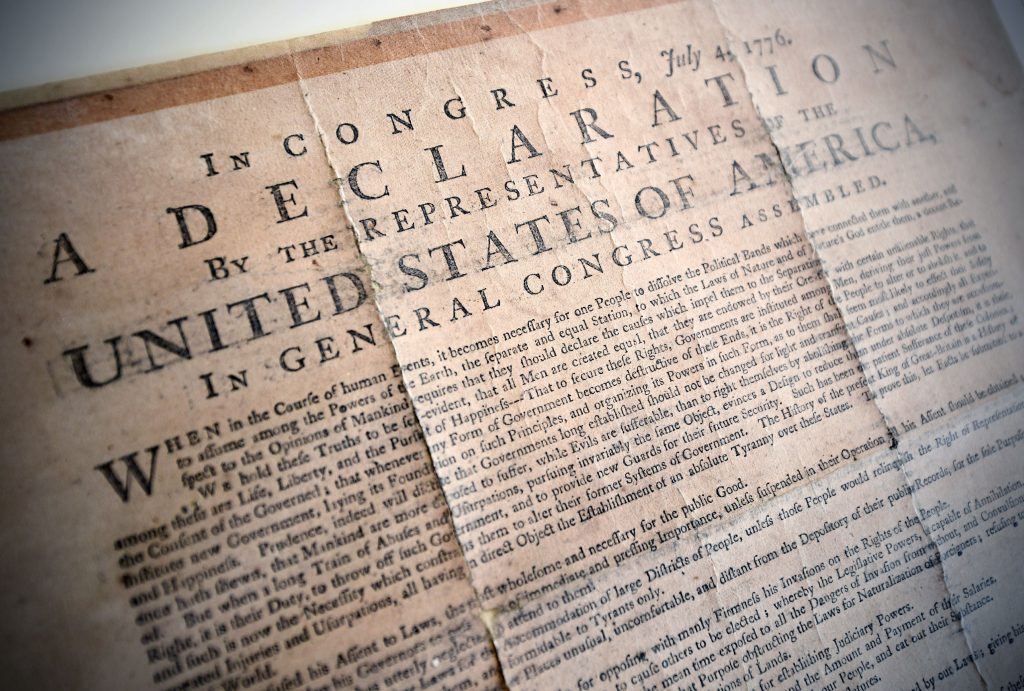
Online Essay Help amazonia.fiocruz.br
Declaration of Independence, in U.S. history, document that was approved by the Continental Congress on July 4, 1776, and that announced the separation of 13 North American British colonies from Great Britain. It explained why the Congress on July 2 "unanimously" by the votes of 12 colonies (with New York abstaining) had resolved that "these United Colonies are, and of right ought to be.

PPT The Constitution PowerPoint Presentation ID5892774
The Declaration of Independence states three basic ideas: (1) God made all men equal and gave them the rights of life, liberty, and the pursuit of happiness; (2) the main business of government is to protect these rights; (3) if a government tries to withhold these rights, the people are free to revolt and to set up a new government.

SACRED HONOR PART TWO QUICK FACTS ABOUT THE SIGNERS OF THE DECLARATION
The final draft of the Declaration of Independence contains a preamble, a list of grievances, a formal declaration of independence, and signatures. Preamble This first part of the Declaration contains an assertion of individual rights. Perhaps the most famous line states, "We hold these truths to be self-evident, that all men are created.

Which Passage From the Declaration of Independence Most Clearly
The five parts of the Declaration of Independence. The document is composed of five main divisions: Introduction; Preamble; The King George III indictment ; The British denunciation ; Conclusion; The contents of the Declaration of Independence. The Declaration of Independence said that the king had not let the colonies have their freedom.

Declaration Of Independence Lesson Plan 8Th Grade
The Declaration of Independence is the founding document of the United States . On July 4, 1776, the Continental Congress of the British colonies in North America adopted the declaration at Independence Hall in Philadelphia . The document proclaimed that the 13 original colonies of America were "free and independent states." It was the last of.

The entire declaration of independence hacski
Preamble. It states why the Declaration is being written - to explain why the colonies must break away from Britain. Jefferson felt that to break away from your government and start a new one, you must have good reasons. Declaration of Rights. The second part of the declaration states why people have rights that cannot be taken away.

Parts of the Declaration of Independence worksheet
He has abdicated Government here, by declaring us out of his Protection and waging War against us. He has plundered our Seas, ravaged our Coasts, burnt our Towns, and destroyed the Lives of our People. He is, at this Time, transporting large Armies of foreign Mercenaries to compleat the Works of Death, Desolation, and Tyranny, already begun.
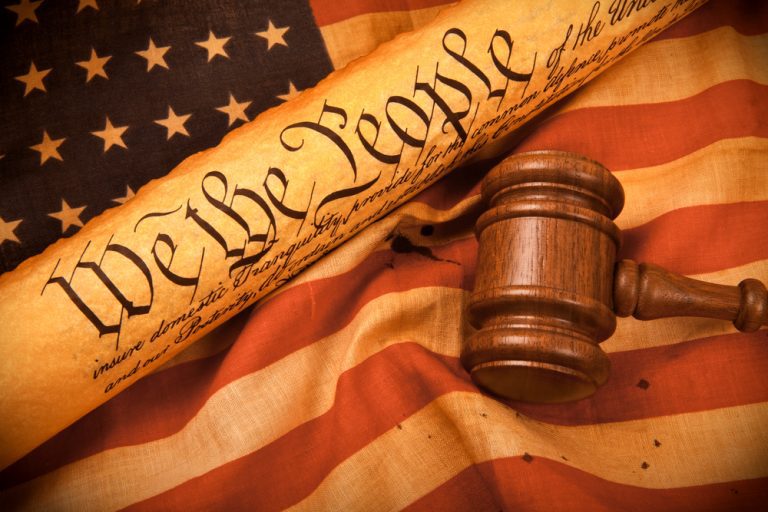
What Are the Four Parts of the Declaration of Independence?
The Declaration of Independence states the principles on which our government, and our identity as Americans, are based. Unlike the other founding documents, the Declaration of Independence is not legally binding, but it is powerful. Abraham Lincoln called it "a rebuke and a stumbling-block to tyranny and oppression.".

Grade 9 Dasha's Blog
The Declaration of Independence is divided up into five parts: Introduction. Preamble. Body - Section 1. Body - Section 2. Conclusion. ← Prev Post. History of the Military Salute. The Men Behind the Declaration of Independence.
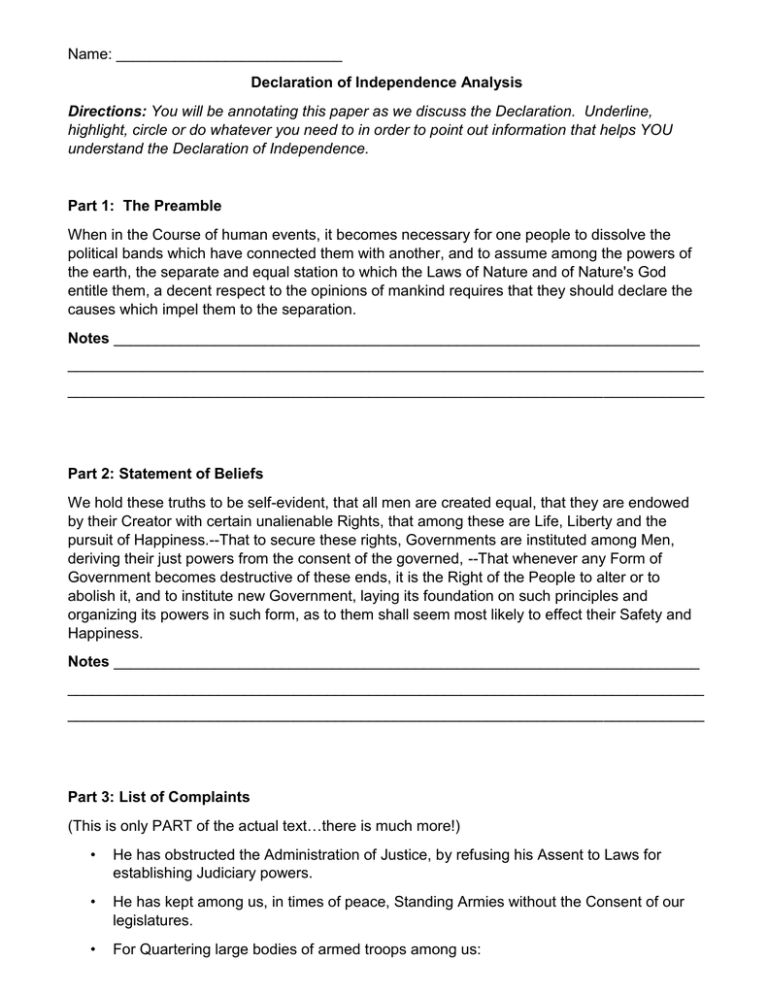
5 Parts of the Declaration of Independence
The Declaration of Independence, formally titled The unanimous Declaration of the thirteen united States of America, is the founding document of the United States.. but it is often discussed as consisting of five parts: introduction, preamble, indictment of King George III, denunciation of the British people, and conclusion.